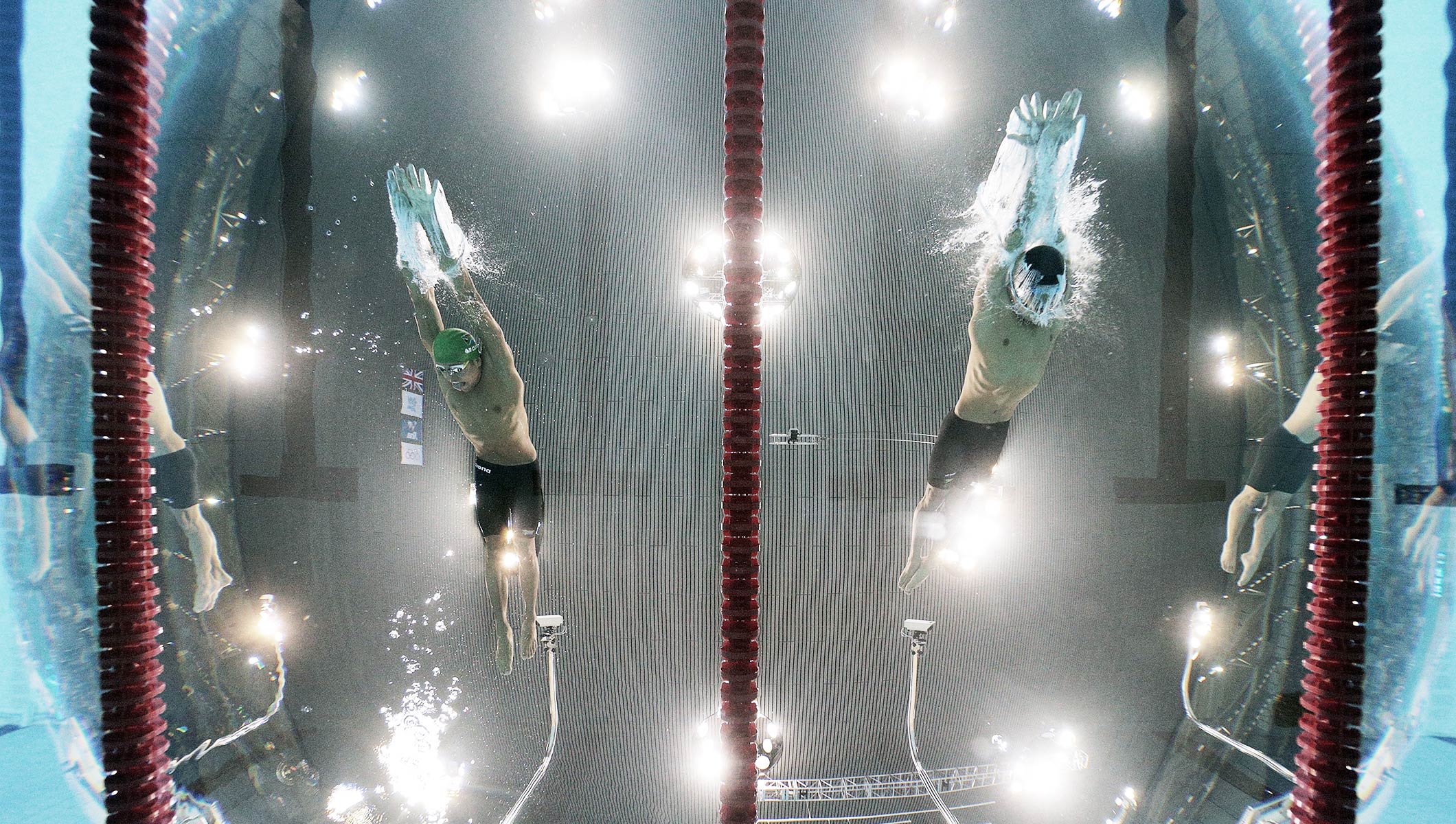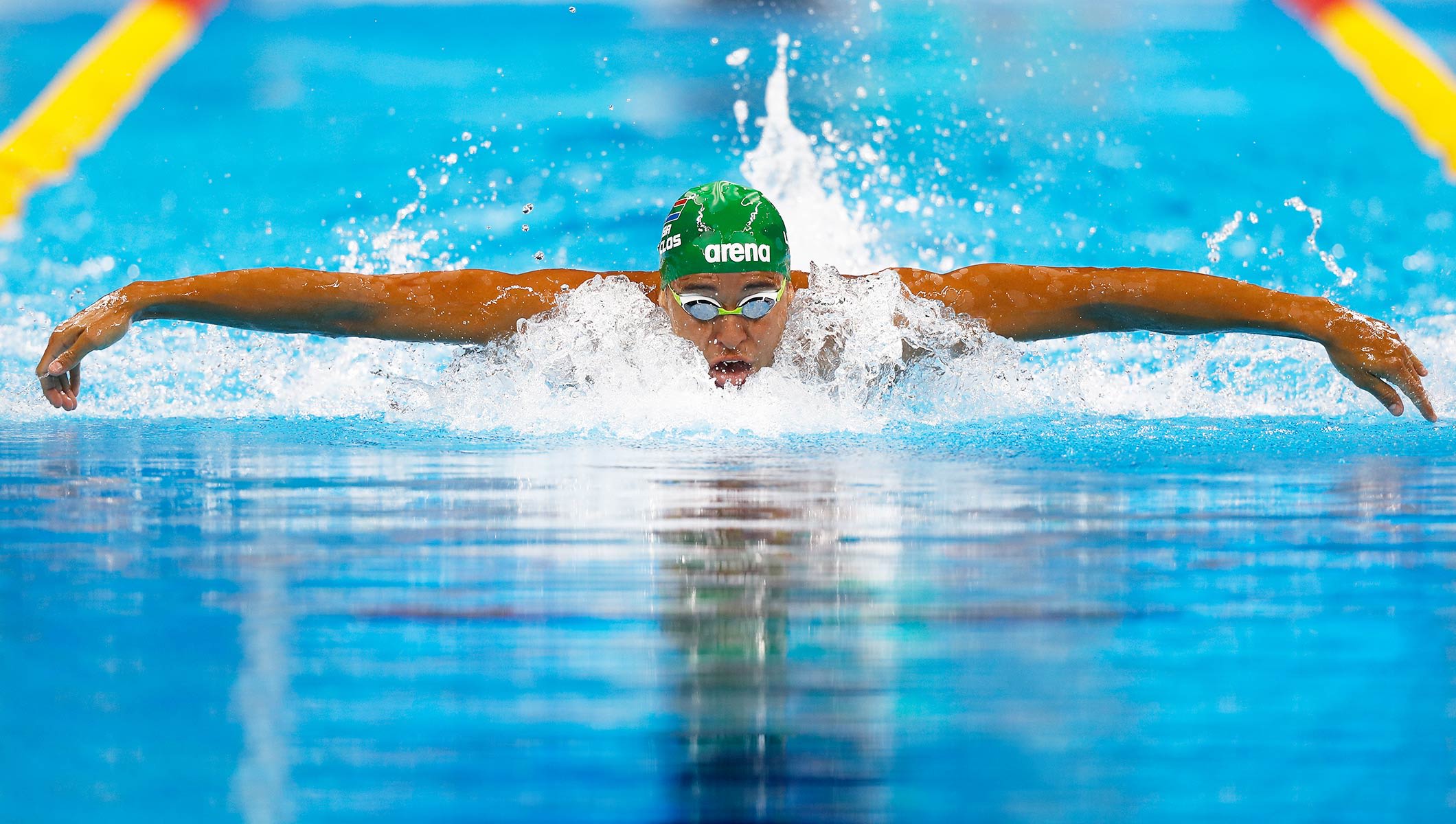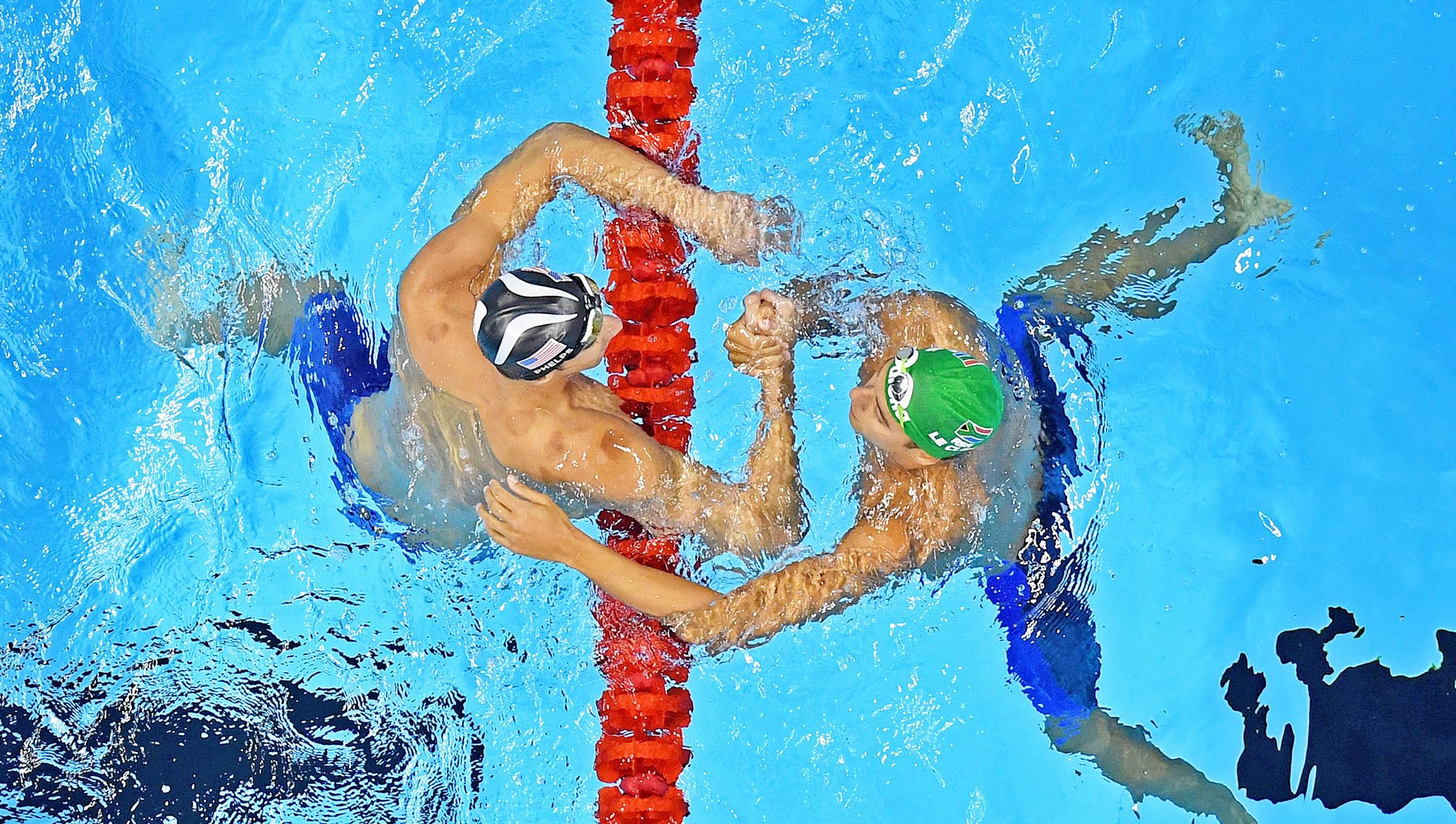Ten years on: “The YOG played a huge role for me,” says Le Clos
As we mark the 10-year anniversary of the inaugural Youth Olympic Games (YOG), South African swimmer Chad le Clos reflects on the role the YOG played in his development, as his five-medal haul at Singapore 2010 helped lead him to the top of the Olympic podium just two years later in London…
Can you believe it has been 10 years since the YOG Singapore 2010?
“It’s crazy. I actually can't believe it. That was a huge year for me because I wasn't even a national champion in April 2010. I won my first national title on my 18th birthday on 12 April, then I went on to win at the Youth Olympic Games, I went on to win two Commonwealth Games senior gold medals, and a short course world title. It was a weird time – going into 2011, I’d won more international medals than I had national medals. So 2010 was such a huge breakthrough for me, and the Youth Olympic Games played a huge role.”
“It's just such a great event. I talk about it often – when I do events around the world and I look back on that time – and I think it really helped catapult me into the small spotlight, if I could say that. But also, it just gave me experience on how it is living in an Athletes’ Village, how it is getting drug tested every day, being in the media, waking up, going to the pool two hours early, doing the whole razzmatazz. It was a really instrumental year for me, all around. A huge year; a golden year for me really. So now, 10 years later, it's crazy to think about.”

Back then, if you’d been told what you would go on to achieve in the 10 years since Singapore, what would you have said?
“I would have signed on the dotted line. Even half of what I've achieved, I would have signed up for that. Honestly speaking, I'm very grateful for the opportunities I've had in the sport, and the platforms that I've been on. The medals, especially the gold medals that I've won, I'm truly humbled by it all. During this lockdown [due to COVID-19], you reminisce because you have time to think. I was just thinking about those races – those victories, those hard-fought battles – and all those sacrifices that I've had in between to get me to this point. I'm really grateful for that, honestly, I really am. And I really hope that I can have success again at the Olympic Games.”
What are some of your favourite memories from Singapore?
“I made a lot of friends. I remember some of the guys from America. I met some of the Russians. Those are the guys I've been competing against since then, and we became good friends in the end. There were a lot of cultural activities we could do, which was really cool. It gave the event a different filter; it was serious, but still quite chill. We were serious when we got to the pool, but it was just super cool being around the Village, and just being a part of all that. It was really, really awesome. Getting the chance to watch other sports was also one of the biggest things for me. Being a part of a full team, not just swimming, was really interesting to me, because I had never done that before, being around other athletes.”

What were you able to learn from your time at the YOG?
“I learned a lot of lessons just from being in that Games environment and handling pressure; I think that was one of the biggest things I learned. We were expected to win medals, and we did. There was a lot of pressure on us there, and I was in the first race of the Games – it was the 400m freestyle, which I got silver in.”
“Everyone deals with stressful environments in a different way. You learn a lot about yourself with that. I feel like it was definitely a stressful week for me. I was nervous when I was racing there. I knew what I wanted to do, what I wanted to achieve, but it's still hard, when you go in there with pressure you put on yourself.”

Do you think your experiences in Singapore benefited you in your career since then?
“Absolutely. I can't really pinpoint one moment, and I don’t want to use clichés, but I think my career was a bit of destiny. It's the start of a life for me in some respects, not to sound all soppy or whatever, but it was something I wanted to do. I wanted to be who I am today. That's something I always envisioned as a young kid. Olympic champion was always something that I thought about. It's what I thought about every day, even when I was in the shower. Some people sing songs, I think about the Olympic Games. Even at school – I remember a teacher told me once, "You're not going to make anything through swimming, so you need to study." I smile a bit, and I probably should have studied a bit harder, but that was all I thought about.
“And so, all the things that have happened have all, I believe, happened for a reason for me. It's brought me to where I am now. My mind is complete in what I want to do and what I want to achieve. I'm a different person to who I was four years ago in Rio. And eight years ago, in London. I'm more similar to the boy in London than I was in Rio, but I'm excited. I relish the challenge. I look forward to training. I look forward to the competitive side of things like I always do. It's a lot of fun, it's a lot of hard work. It's been worth it in the end, looking back on it.”